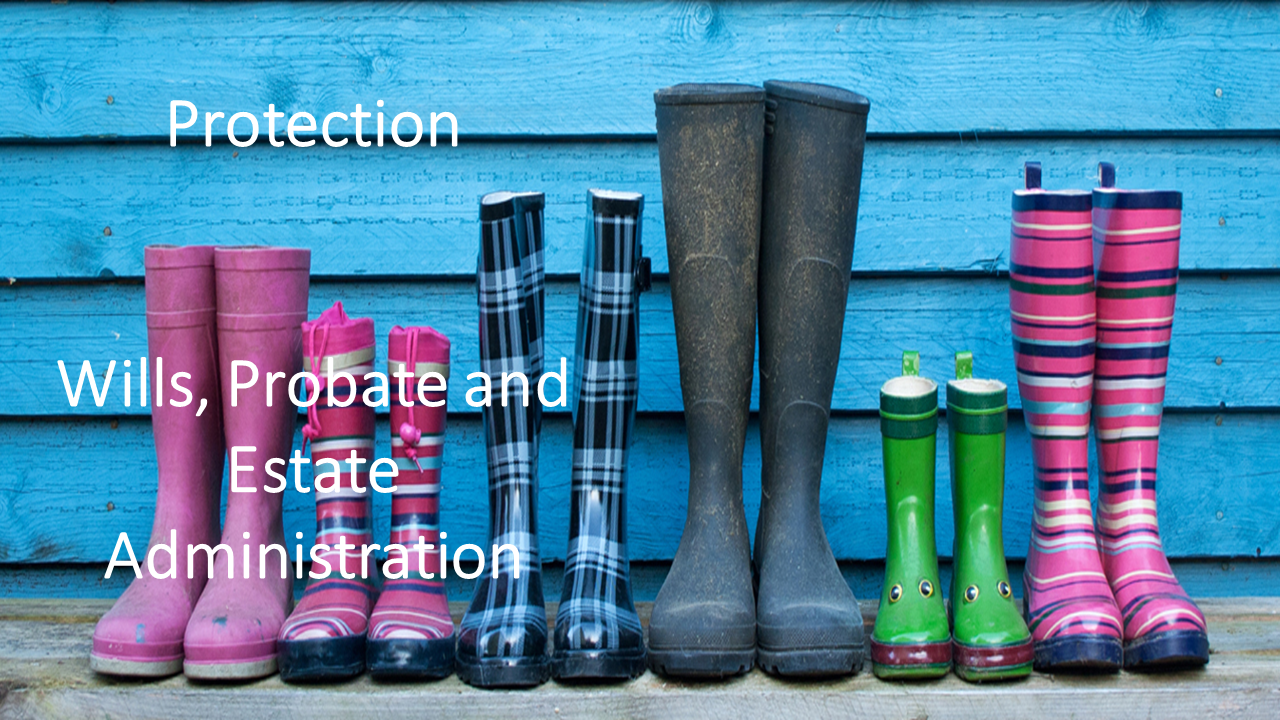Witnessing Wills by Video – The recent announcement by the government that, from September, individuals will be allowed to have their wills video-witnessed has been welcomed in some quarters but does it potentially allow greater opportunity for fraudsters?
In the early stages of “lockdown” and amidst the uncertainties over the impact of the Covid-19 virus, there was an inevitable desire for many people to review their current wills or make their first one.
This brought fresh challenges to those involved in will drafting since, whilst many practitioners were taking instructions by video, the actual will signing process was problematical especially for those who were shielding or self-isolating. A will is not a valid document unless it is signed in accordance with legal formalities i.e. in the presence of two independent witnesses and not signed under duress but voluntarily.
In March and April of this year, the Ministry of Justice was being lobbied to allow wills to be witnessed “remotely” i.e. with no witnesses physically present as the law required. At that time, the government’s response was that to allow this would jeopardise the validity of such wills and risk many possible cases of fraud. It seems that the change, announced on 25 July, has been brought about by a desire to allow more flexibility in the “new normal”.
The new rules now allow a video meeting to be used for the formality of signing a will. This means that the person executing their will can do so either with only one witness physically present and the other witness available by live video or both witnesses connected by a live video link. The new rules apply retrospectively to 31 January 2020 so that if a will had been witnessed remotely, it will be valid
The rules do require the following:
- Witnesses who are in the meeting by video must ensure that they see the person making the will actually sign it after it is held up for them to see.
- The video meeting should be recorded. If the witnesses do not know the person making the will, they must ask to see evidence on screen of identity e.g. a passport or driving licence.
- Once the Will has been signed, it should be sent to the witnesses, by post, within 24 hours where possible.
- The video conferencing between the parties will need to be repeated twice if the witnesses are not physically together. The formalities of seeing each witness sign is again required.
On the face of it, this temporary measure (it will expire in January 2022) does appear to make life easier for those who may have difficulty in having independent witnesses available but this change could cause more problems than solutions.
The government suggests that a newly signed will that has been executed in accordance with the new procedures should be sent to witnesses within 24 hours of any video meeting but, in doing so, it does appear to recognise that problems could follow if that is delayed. The “problems” are not detailed in the Ministry of Justice press release but clearly there is a risk that if the person making the will dies before it has been fully witnessed it would be null and void.
A further problem (one which the physical presence of witnesses is intended to avoid) is that the witnesses in a video conference will probably not know if anyone else is present with the will maker, off camera, who may be exerting undue pressure on the person who is signing the Will.
The government states that the execution of wills by video should be a last resort but the fact that it is now permissible does mean that there is a greater scope for fraudulent activity to take place, particularly in the case of vulnerable individuals who this measure is surely intended to assist. It is vitally important that those who act as video witnesses ask the correct questions if they do not know the will maker that well, in an effort to obtain as much information surrounding the process as possible to minimize the risk of a third party influencing the making of the will.
Our experience at Berry Smith has been that, in the cases of the many wills we have drafted during the crisis, all of our clients were able to have their wills witnessed in accordance with the legal formalities and one must question why, now that lockdown is easing, these regulations are only being introduced now. The risk of undue pressure on someone making a Will is real and having witnesses who are physically present makes it harder to influence that individual.
These measures whilst useful as a very last resort do mean that unintended and potentially costly consequences could follow.
Please contact us if you would like more information about the issues raised in this article or any aspect of wills and probate on 029 20 34 55 11 or wills@berrysmith.com
